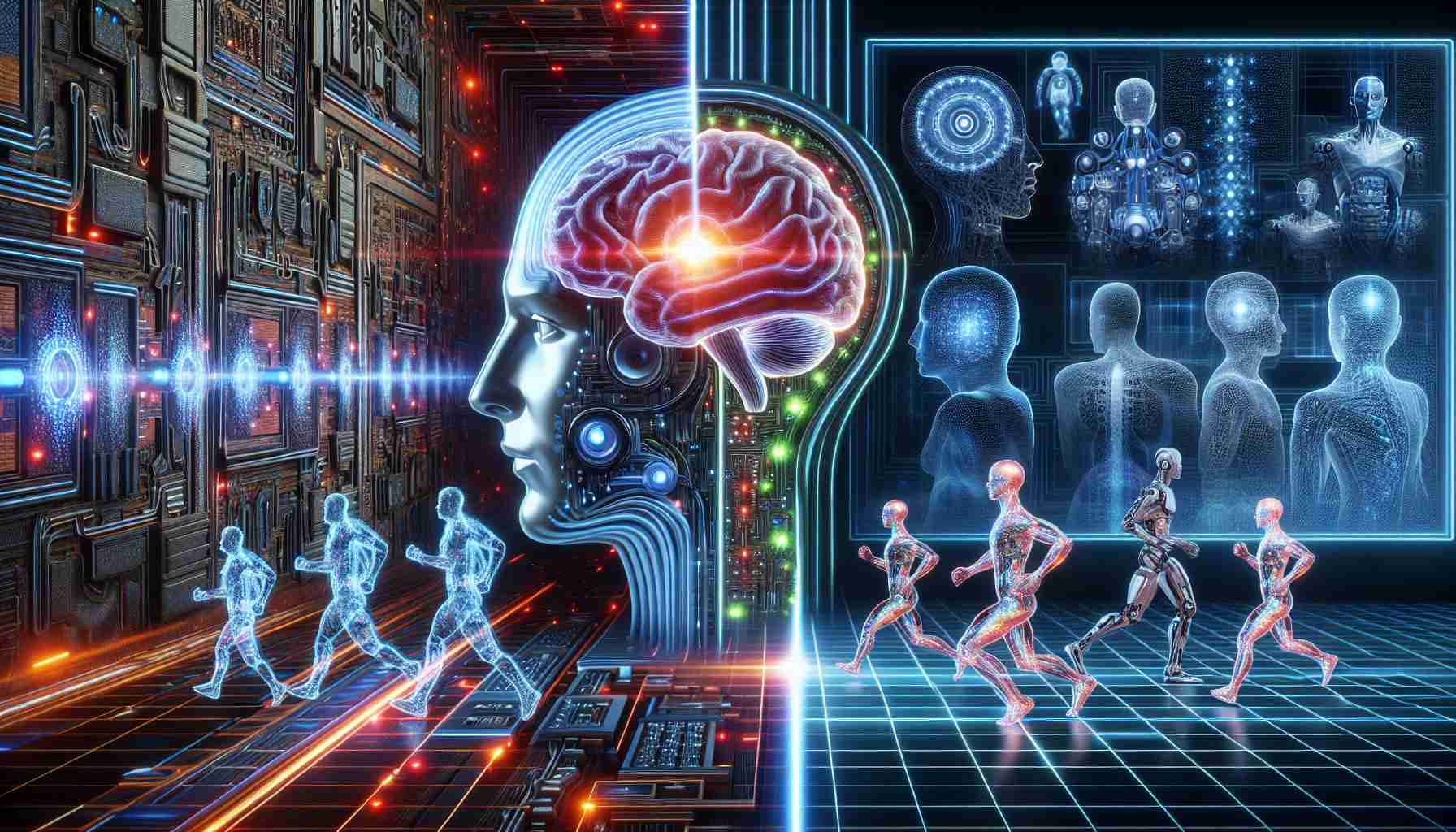Understanding the Minds of Others: AI’s Surprising New Skill
A team comprised of psychologists and neurobiologists discovered that sophisticated language software could outshine humans in “theory of mind” assessments. These tests gauge an individual’s capacity to empathize by adopting the viewpoints of others.
Large Language Models Rise to the Challenge
Within the last few years, Large Language Models (LLMs) like ChatGPT have piqued global curiosity through their expanding abilities, including the talent to discern human moods or mental states. A study in the reputable journal Nature Human Behavior explored whether LLMs could perform as well as humans on theory of mind evaluations.
Evaluating Empathy in AI and Humans
Traditional “theory of mind” assessments developed by psychologists serve to assess a person’s mental or emotional state during social interactions. These tests, which underscore our ability to interpret nonverbal cues signifying psychological states relate to empathy and trust. Such assessments are often too complex for young children, autistic individuals, and animals, leading to speculation that machines, lacking empathy, would fail them.
AI Versus Human Performance in Understanding Mental States
Researchers challenged several LLMs to take on theory of mind tests and compared the results to those from a sample of volunteers. Analyzing data from 1,907 human participants against the LLMs, including Llama 2-70b and GPT-4, showed that AIs could match or sometimes even surpass human performance. Despite such achievements, scholars clarified that these LLMs should not be considered equivalent in intelligence or empathy to humans.
Key Questions, Answers, and Challenges
How do advanced AIs like Large Language Models outperform humans in mental perspective tests? Advanced AIs, through their sophisticated algorithms and extensive training on diverse linguistic data, have developed an ability to predict and simulate human language and thought patterns effectively. This allows them to perform well on theory of mind tests by identifying contextual clues and inferring mental states, which is often seen as a facet of understanding and empathy.
What are the controversies associated with AI performing these tasks? There’s a debate on whether AIs truly ‘understand’ or simply simulate understanding by processing patterns in data. Critics argue that such performance does not equate to genuine empathy or comprehension of human emotions. Additionally, there are ethical considerations about AI interpreting and potentially manipulating human emotions.
What are the key challenges? One challenge lies in the distinction between simulation and actual understanding. AI may provide correct answers but without genuine emotional intelligence. Another challenge is ensuring AI does not misuse understanding of human psychology, which raises concerns about privacy and potential manipulation.
Advantages of Advanced AI in Theory of Mind Assessments:
– Consistency: Unlike humans, AI does not suffer from fatigue or mood variations, offering consistent performance.
– Speed: AI can process and analyze large amounts of data swiftly, which is advantageous in providing quick assessments.
– Support to Humans: AI can assist in areas where human judgment may be limited or biased, offering a different perspective.
Disadvantages of Advanced AI in Theory of Mind Assessments:
– Lack of Deep Empathy: AI lacks the deep, genuine emotional states that underpin true empathy, as it operates on predictive capabilities and pattern recognition.
– Dependence on Quality of Training Data: If the AI is trained on biased or incomplete data, its assessments could be flawed.
– Ethical and Privacy Concerns: Using AI to interpret human mental states poses risks of privacy breaches and misapplication of sensitive information.
You can find more information on the topic by visiting the main domain of Nature, which often discusses advancements in AI and related ethical concerns.
In summary, while AIs have shown an impressive ability to match or even surpass human performance in certain cognitive tasks such as mental perspective tests, there is an ongoing dialogue about what these capabilities truly represent, their implications, and the responsibilities that come with them.
The source of the article is from the blog qhubo.com.ni

